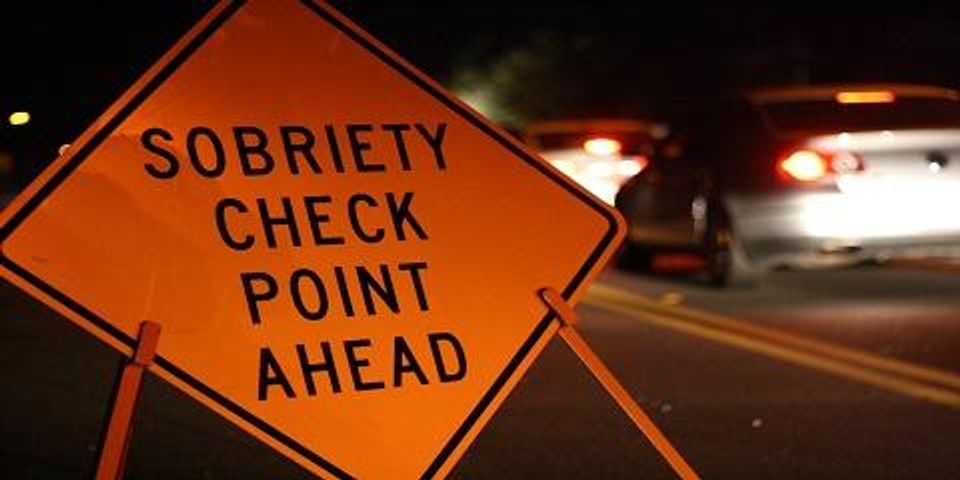Things to Keep in Mind When Celebrating The Holidays

Drinking and Driving (DUI/OVI)
A first-time DUI (OVI) offender in Ohio faces three to 180 days in jail and fines ranging from $375.00 to $1,075.00. They also face losing their driver's license for up to three years and enhanced penalties upon subsequent convictions. DUIs cannot be expunged, meaning that they stay on your record forever.
Being Drunk In or Near a Car
In Ohio, being in physical control of a vehicle whileunder the influence is a first-degree misdemeanor, carrying up to six months injail and a $1,000.00 fine.“Physical control” is defined as being in the driver’s seat of a car and having possession of the vehicle’s keys. Physical control does not require that the vehicle has ever been driven or even started. Under the statute, having the keys within reach will satisfy the definition of having “physical control.”
Underage Drinking or Possession of Alcohol
In Ohio, anyone under 21 who purchases, possesses, or consumes an alcoholic beverage can be charged with underage consumption. It is also a first-degree misdemeanor.
Providing Alcohol to Minors
If you are hosting a holiday party, keep in mind that in Ohio, a social host who knowingly allows a person under the age of 21 to drink alcohol on their premises is guilty of a first-degree misdemeanor (punishable by up to six months in jail and/or a $1,000 fine).
A social host can also be held liable if the underage guest causes a car crash and injures other people. The injured person would have to prove that the driver’s intoxication was the reason that the car crash occurred. If the guest is over 21 years of age, Ohio law does not hold the host responsible.
Fake ID
Possessing a fake ID is also a first-degree misdemeanor. Using a fake ID to purchase alcohol carries a mandatory $250.00 fine and a possible three-year driver's license suspension. A popular method for enforcing this is for police officers to serve as vendors in drive-through establishments, also known as "COPS IN SHOPS."
Drinking Where You Shouldn’t
Ohio has an open container law. Possessing an open container of an alcoholic beverage in public is a minor misdemeanor, carrying a maximum fine of $150.00. However, having an open container of alcohol while in a car bumps the charge up to a fourth-degree misdemeanor, which carries up to 30 days in jail and a $250.00 fine. Plus, you are likely to be suspected of drunk driving.
Being Disorderly
Disorderly conduct can occur from simply being intoxicated in public. Officers have wide discretion in determining what constitutes disorderly behavior. Disorderly conduct occurs when a person recklessly causes inconvenience, annoyance, or alarm to another due to offensive conduct. Making unreasonable noise in such a manner as to violate the peace and quiet of the neighborhood or to be detrimental to the life and health of any individual also constitutes disorderly conduct. While normally a minor misdemeanor, disorderly conduct can be enhanced to a fourth-degree misdemeanor if an officer tells you to stop the behavior and you persist.
Disperse When Instructed by the Police
Failure to disperse starts as a minor misdemeanor in Ohio. It becomes a fourth-degree misdemeanor if it creates the likelihood of physical harm to persons or is committed at the scene of a fire, accident, disaster, riot, or emergency of any kind. If the police order you to disperse, you should immediately walk away and/or go indoors. You must obey all lawful orders given by such persons at an emergency site. If you actively hamper police officers, firefighters, emergency medical personnel, and other public officials while they are doing their jobs, you could be charged with misconduct during an emergency, which starts as a fourth-degree misdemeanor but becomes a first-degree misdemeanor if your conduct creates a risk of physical harm to persons or property.
Rioting
When the party is getting out of control, if more than four or more people are engaging in disorderly behavior, they could be charged with rioting under Ohio law, which is a first-degree misdemeanor. If there is violence involved, the rioting gets bumped up to aggravated rioting. Rioting is a fourth- or fifth-degree felony, depending on the specific facts. Students who are convicted of rioting or aggravated rioting must be dismissed from their university and are not permitted to enroll in any state-supported institution of higher education for one year.
About the Business
Have a question? Ask the experts!
Send your question

